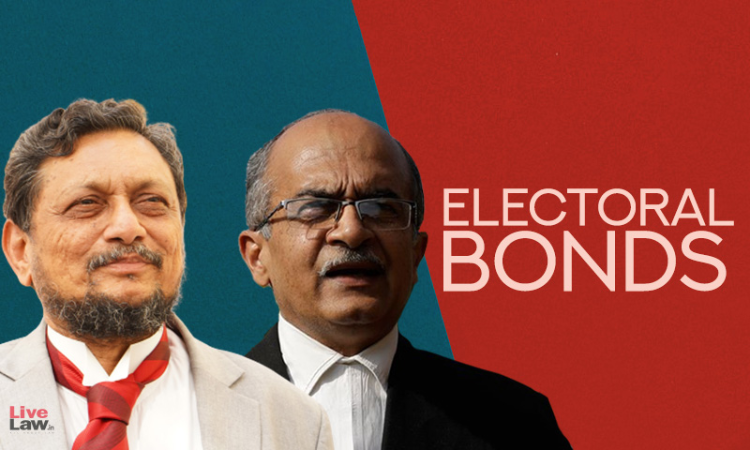"If what you are saying is correct, we will have to strike down the law", the Chief Justice of India SA Bobde told Advocate Prashant Bhushan, while hearing his arguments against the legality of electoral bonds.However, the CJI asked how thecan be done at the interim stage. "How can it be done through an interim order?", the CJI asked.Bhushan was arguing the application filed by Association...

